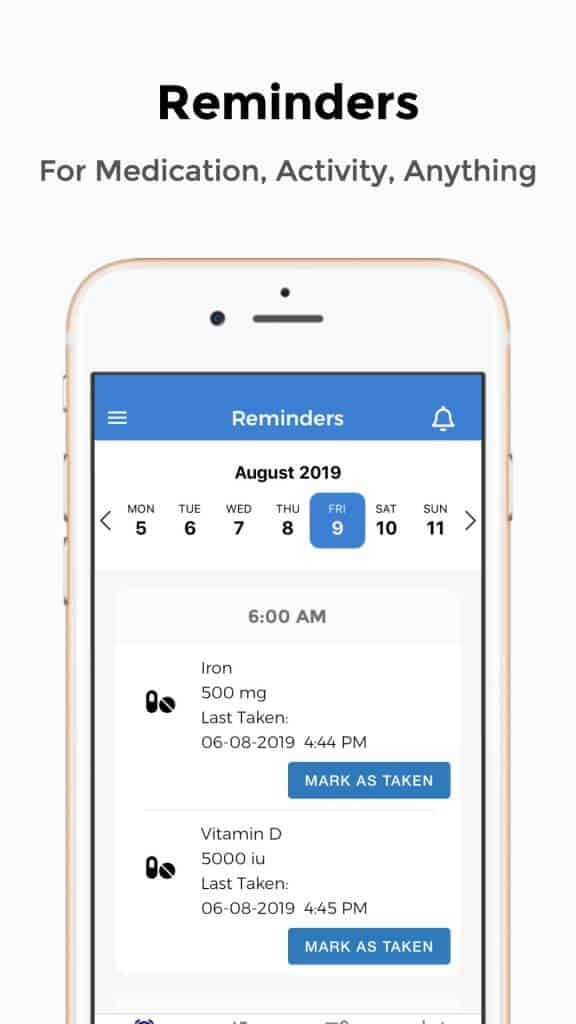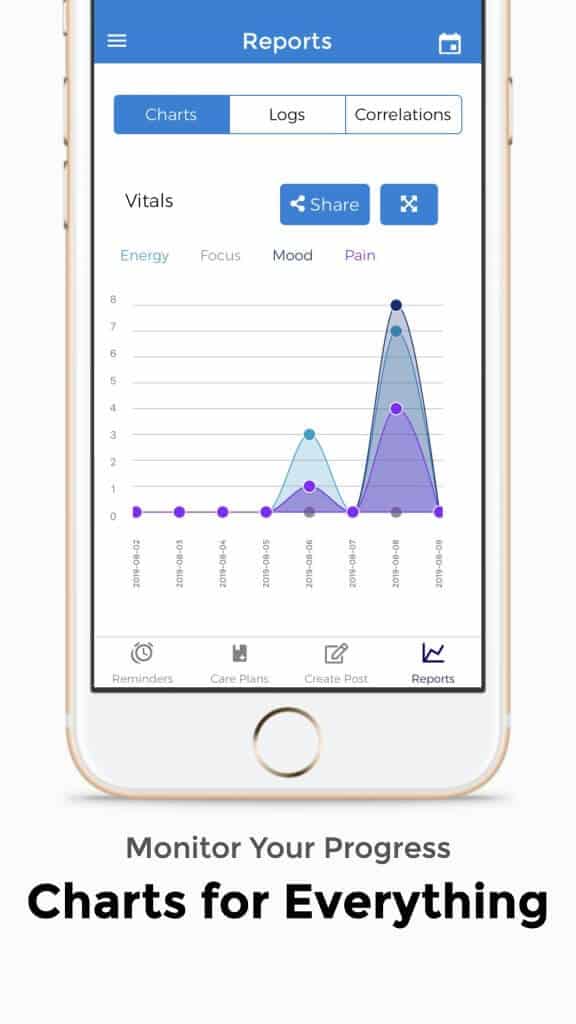![]()
In simple terms, major depressive disorder can be defined as a permanent low mood, which is reflected in all areas of life. In order for the diagnosis of depression to be made, the state must be present for at least several weeks. While in a depressive state, one might battle feelings of low self-esteem and lose interest in daily activities.
Depressed individuals suffer from a low level of energy and they complain of physical symptoms, such as pain, with no apparent cause. It is common for associated mood disorders to be present, such as anxiety. If no treatment measures are taken, one might resort to social isolation and even quit his/her job.
Managing depression is essential, as it can affect not only one’s personal and professional life but also the physical/emotional health, eating, sleeping, and other habits. Severe depression can lead to suicide, so it is essential to address this disorder before it is too late. Statistics show that, worldwide, there are 216 million people suffering from depression. In fact, this is the second leading cause of disability, after low back pain. (R)
How can you know if someone suffers from depression?
A person who suffers from depression will have the blues, have difficulties experiencing pleasure and be constantly lost in his/her own thoughts. He/she might feel like he/she doesn’t belong, with feelings of guilt and regret making matters worse. He/she will consider that he/she doesn’t deserve to be helped and that all is without hope. Self-flagellation might follow in consequence.
A person who experiences severe depression symptoms, in rare cases, might also present manifestations characteristic of psychosis, such as hallucinations or delusions. Depressed people present concentrating difficulties and memory impairment. They avoid social interaction and no longer find pleasure in different activities. The sex drive is reduced, insomnia becomes an issue, and a state of permanent tension, with associated irritability, defines daily living.
Physical symptoms can be present in depressed individuals as well. One might feel fatigued, despite having slept several hours. Headaches and migraines are common, in addition to digestive complaints. As a result of depression, one might eat copious amounts of food and suffer from obesity. The counter effect is also possible, with weight loss as a result.
Depression rarely comes alone. Most people who are diagnosed with MDD (major depressive disorder) also suffer from other mood disorders, with anxiety being the most common association. PTSD and cardiovascular disease might be encountered as well. (R)
How does depression appear?
People who experience difficulties in their lives, such as those who experience abuse, those who lose their jobs and cannot find another one, those who live in social isolation or experience personal/professional stress for prolonged periods of time, can develop depression as a result.
Major life events, such as the death of a family member, bankruptcy or pregnancy loss, can trigger depression. People who have a family history of depression present a higher risk of depression but studies have shown that life circumstances are the ones with the most significant contribution to such problems.
People who naturally worry, those who are a perfectionist or often too critical with themselves, present a higher risk of depression. The same goes for those who battle low self-esteem or those who are sensitive to criticism. From another perspective, depression is more common in people who suffer from chronic or terminal illnesses. Coping with such health problems is stressful, and depression does not make things any easier.
Modern research has also suggested that depression might be favored by a chemical imbalance at the level of the brain (affecting neurotransmitters). Aside from that, this condition can appear as a side-effect of different medications, and also in cases of alcohol and drug abuse. (R)
Are there different types of depression?
When it comes to types of depression, major depressive disorder is one of the most common. One might also experience melancholia, when a person has a depressed mood, loses pleasure and presents a multitude of physical symptoms. Psychotic depression, as mentioned, is associated with hallucinations and paranoid beliefs.
Postpartum depression can appear in women who have given birth, affecting not only the mother as such but also the relationship with the baby, the partner, and the development of the child in later life. You can treat this type of depression without medication – psychotherapy can support the return to a healthy mental status. However, in more severe cases, medication might be prescribed in conjunction with various therapies. Additional types of depression include bipolar disorder, cyclothymic disorder, dysthymic disorder, and seasonal affective disorder. (R)
How is depression managed?
The biggest misconception is that the depression will go away on its own. This is not true at all. Depression, left untreated, can affect the quality of life in a negative manner and even lead to self-harm or suicide.
Every person will benefit from various solutions, whether these involve therapy, medication or self-care measures. Educating yourself about depression is essential, as well as being informed about potential lifestyle changes and therapies that can be tried. Keep in mind that medication is generally recommended for severe cases. (R)
Psychotherapy
Psychotherapy can help one change the current thought patterns, and effectively manage depression and anxiety. It also works on developing the right coping skills, so as one becomes more resilient to stress and negative situations. Among the recommended choices, one might discover cognitive behavioral therapy, interpersonal therapy, behavior therapy and mindfulness-based cognitive therapy. You may track depression with the CareClinic app.
Medication

In people who also exhibit psychosis or those who are bipolar, aside from antidepressants, the doctor might prescribe mood stabilizers and antipsychotic drugs. There are various antidepressants that can be prescribed but it is important to understand that they cannot work wonders. Therapy remains the best tool for change.
Antidepressant medication can cause a number of side effects, including weight gain, dry mouth, nausea, vomiting, headaches, agitation, sweating, dizziness, loss of libido and even anxiety. The doctor might change the medication if the side effects are too severe. It is essential to remember that it might take some time before you will notice positive changes while following such treatments.
How to help someone who suffers from depression
If you know someone who suffers from depression, one of the first steps is to recognize that the person in question needs help. Do not minimize his/her suffering and say that things could have been worse. You do not want for the respective person to feel even guiltier, as this will only aggravate the depression.
In the situation that your partner exhibits manifestations of depression, you should encourage him/her to seek help. This is not an easy thing to do but, with the right support, your partner might accept the need to pursue therapy/treatment.
Being in a relationship with a depressed person can be daunting and there might be times when your partner will feel the need to be alone. You need to accept these dark times, without feeling rejected. Keep in mind that your partner goes through a difficult period, needing time (and help) to work things out. You do not want to make things harder but cause a conflict with regard to rejection.
You might also need to offer help as requested, and when needed. We are all filled with advice but, oftentimes, this is not something a depressed person needs. They might have a hard time following your suggestions but they will welcome your help when needed. It is hard for you to strike a balance but you have to listen to your partner and understand that depression is a struggle. Be there for him/her without imposing.
Pay attention to the things your partner says, and especially anything related to suicide. Always take suicidal thoughts as such and watch over the other person, as you can never know when they will try to harm themselves. In case there are concerns, take your partner to the doctor and talk about potential solutions. And, remember, talking always helps.
Do not stick to everything you heard about depression and keep in mind that your partner is still the same person you fell in love with. Recommend to him/her applications to monitor his/her condition, such as CareClinic. Such apps, as you will see below, can help one establish a mood journal, as well as set up medication reminders and register an entire care team. Thanks to such applications, you can ensure the necessary treatment adherence, which is essential for the complete recovery from depression.
You should not be afraid of depression and never think that this is the only thing defining your partner. Depression does not turn a person into a threat, no matter how much the media might want to make you believe that. Last, but not least, you should take good care of yourself and not become a crutch for your partner. You share the journey of life, but you should each take care of your own health.
Health app that can help you manage depression

The CareClinic health app allows you to set up reminders for therapy appointments and medication so that you can guarantee treatment adherence and get better as soon as it is possible. You can write your feelings in the built-in journal and see an overview of your emotional health through the monthly reports.
The application is continuously developed in accordance with the feedback offered by its users, trying to meet the needs of those who suffer from different forms of depression. It is meant to help you manage depression, recording the various therapies and the effects they had. You can use it to keep track of the medication taken and make adjustments to the treatment plan, when necessary.
Depression is a serious condition and monitoring a person’s mood can ensure that everything is on the right track. CareClinic’s health app can be used as a highly effective mood tracker, allowing one to stay responsible and pursue depression management as the main goal. To get started tracking your health, start by signing up to CareClinic here.


